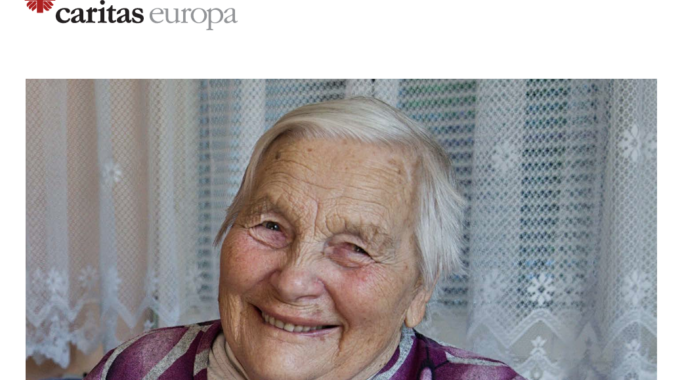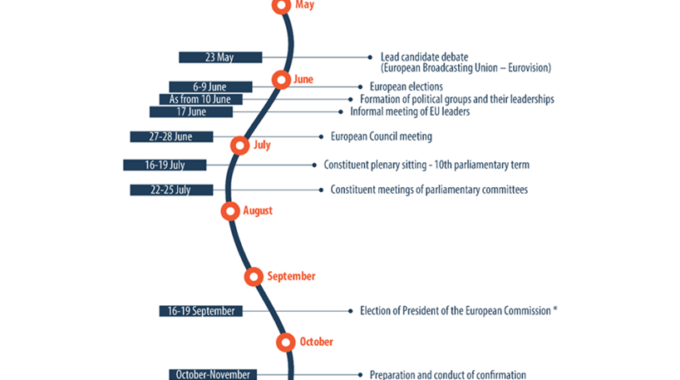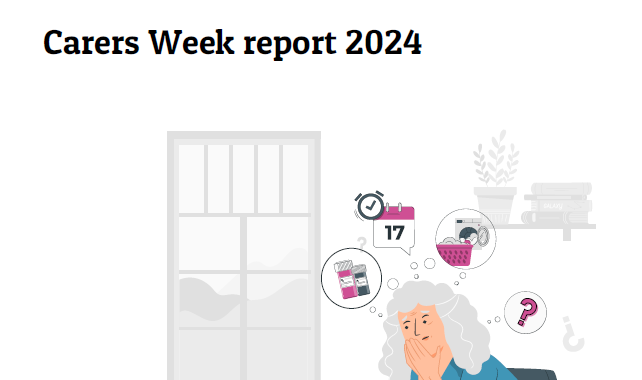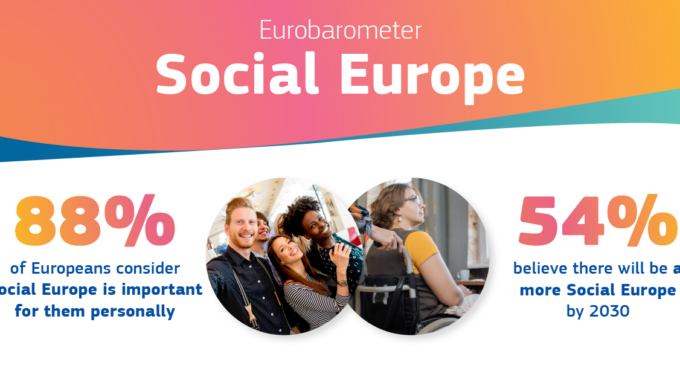
Europe’s care system struggles to serve ageing population, says Caritas
As the number of elderly people and the demand for care increases, the European care sector is at risk due to underpaid, overworked, and unprotected carers, according to a report issued by Caritas Europa on Monday (27 June).
The report, titled “Growing Old with Dignity, the Challenges of Long-Term Care in Europe” , shows that even today, Europe’s elderly must increasingly rely on carers who are often in the position of providing care they could not afford themselves.
“Population ageing is the defining global trend of our time,” Shannon Pfohman, Policy and Advocacy Director for Caritas Europa, said at the report’s launch panel, “so the demand for long-term care is soaring, and public spending is not keeping pace with the demand.”
According to the report, the long-term care sector already struggles to meet the needs of many elderly citizens, especially those with a low income.
This situation will likely deteriorate as the ratio of elderly to working citizens increases over the coming years. For example, in Greece, Italy, Portugal, and Spain, it is projected that the over 65s will make up 60% of the population by 2050.
The number of persons potentially in need of long term care across the bloc is projected to rise from 30.8 million in 2019 to 33.7 million in 2030 and, further, to 38.1 million in 2050, the report states.
Another issue highlighted in the report is the recruitment and retention of long-term care staff, leading to continued reliance on informal workers and undeclared staff, “and this isn’t surprising when the cost of care is so high, and many families are not able to cover these costs,” Pfohman said.
The report states that over a third of carers in the EU are part of the “undeclared sector”, working without permits, social protections, or professional support. In addition, there are some 52 million informal carers, mainly female spouses, children, friends or neighbours, whose unpaid wages amount to €242 billion each year.
As the continent’s population ages and birth rates continue to decline, the working population will also shrink.





